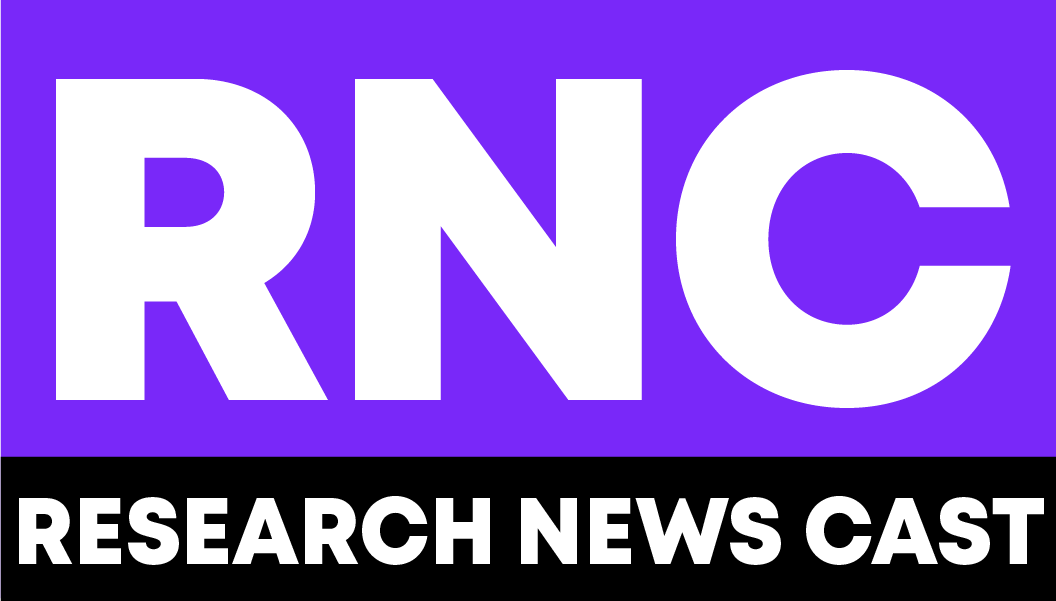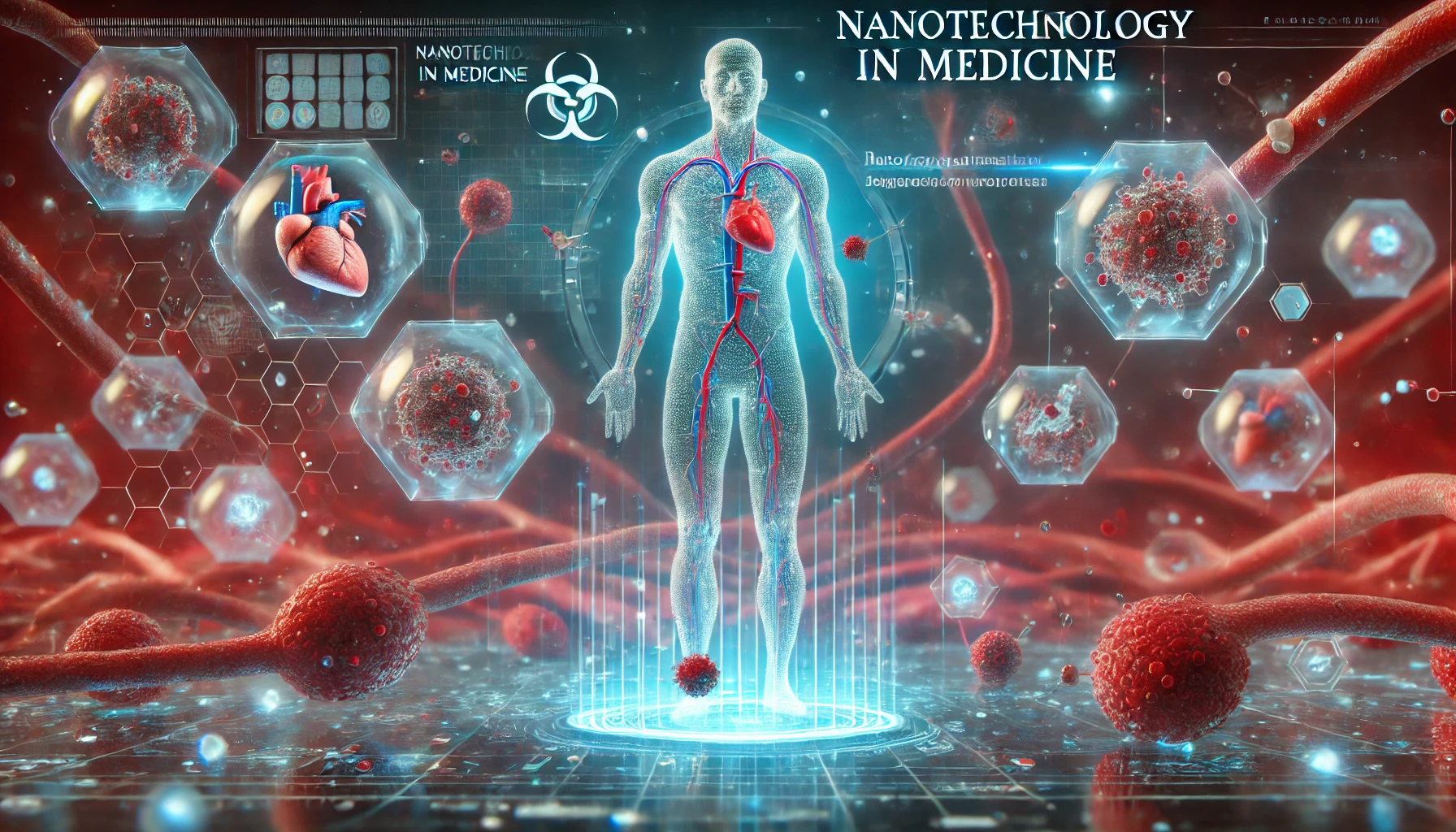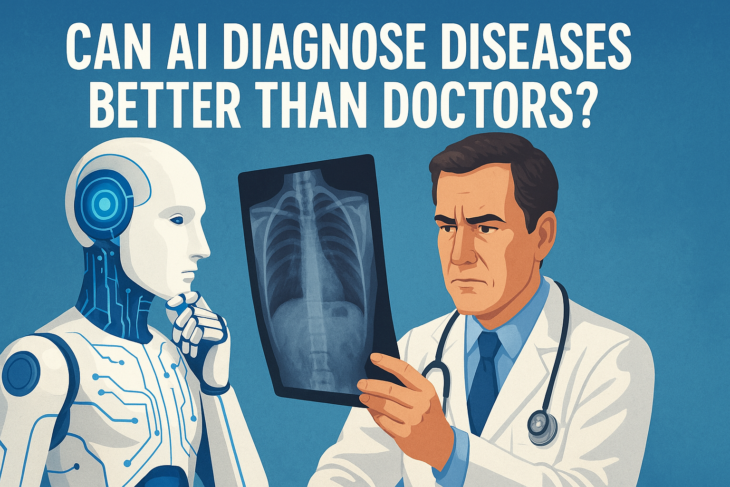The world of medicine is constantly evolving, but few advancements are as revolutionary as the integration of nanotechnology. By working at the molecular and atomic level, nanotechnology in medicine offers groundbreaking possibilities for diagnosis, treatment, and prevention of diseases.
From targeted drug delivery systems to advanced diagnostic tools, nanotech applications are reshaping how we approach healthcare, pushing the boundaries of what’s possible.
What Is Nanotechnology in Medicine?
Nanotechnology refers to the manipulation of matter on a nanoscale. Typically less than 100 nanometers. To put that in perspective, a single strand of human hair is about 80,000 to 100,000 nanometers wide. When applied to medicine, nanotechnology involves developing nanoparticles and nanodevices designed to interact with biological systems at the cellular or molecular level.
This approach promises greater precision, efficiency, and effectiveness in various medical innovations.
How Nanotechnology Is Revolutionizing Medical Innovations
Nanotechnology in medicine is not just a futuristic concept; it’s actively being used to enhance existing treatments and develop new ones. Here’s how it’s making waves in healthcare:
1. Targeted Drug Delivery
One of the most promising nanotech applications is targeted drug delivery. Traditional drug treatments often affect healthy cells alongside diseased ones, causing unwanted side effects. Nanotechnology allows drugs to be delivered directly to the affected area with pinpoint accuracy, minimizing damage to healthy cells and improving therapeutic outcomes.
For instance, nanoparticles are being used to deliver chemotherapy drugs precisely to cancer cells, reducing the harsh side effects associated with conventional treatments.
2. Enhanced Imaging and Diagnostics
Improving diagnostic techniques is another area where nanotechnology is making significant strides. Nanoparticles can be designed to enhance imaging techniques like MRI and CT scans, providing clearer, more detailed visuals of tissues and organs.
Additionally, nanosensors are being developed to detect specific biomarkers for early disease diagnosis, which could be a game-changer for conditions like cancer, Alzheimer’s, and cardiovascular diseases.
3. Regenerative Medicine
Nanotechnology is also playing a key role in tissue engineering and regenerative medicine. By developing nanomaterials that can interact with biological tissues, researchers are working on innovative ways to repair or replace damaged tissues and organs.
For example, nanofibers and nanoscaffolds are being used to stimulate cell growth and encourage the natural regeneration of tissues.
4. Antibacterial and Antiviral Treatments
The fight against drug-resistant bacteria and viruses is ongoing, but nanotechnology offers a fresh approach. Nanoparticles, particularly silver nanoparticles, have shown promising antimicrobial properties. These particles can be integrated into wound dressings, coatings, and medical devices to reduce the risk of infection.
5. Personalized Medicine
Nanotechnology is also paving the way for more personalized medical treatments. By analyzing patients at the molecular level, nanotech can help create customized therapies tailored to an individual’s genetic makeup, increasing the chances of successful outcomes.
Challenges and Ethical Considerations
While the benefits of nanotechnology in medicine are exciting, it’s not without its challenges. Potential risks include toxicity, environmental impact, and the long-term effects of introducing nanoparticles into the human body.
Additionally, ethical considerations around accessibility, privacy, and regulation must be addressed to ensure safe and equitable advancements in biotech.
The Future of Nanotechnology in Medicine
The field of nanotechnology in medicine is rapidly expanding, with ongoing research paving the way for even more innovative solutions. As biotech continues to evolve, we can expect to see nanotech applications become increasingly integrated into everyday healthcare, offering more precise, efficient, and personalized medical care.
Final Thoughts
Nanotechnology in medicine is more than just a technological breakthrough. It’s a paradigm shift in how we understand and treat diseases. As research progresses and more nanotech applications are developed, the potential to transform healthcare is only just beginning.
From targeted treatments to enhanced diagnostics, the future of medicine is undeniably intertwined with the tiny but mighty advancements of nanotechnology.














